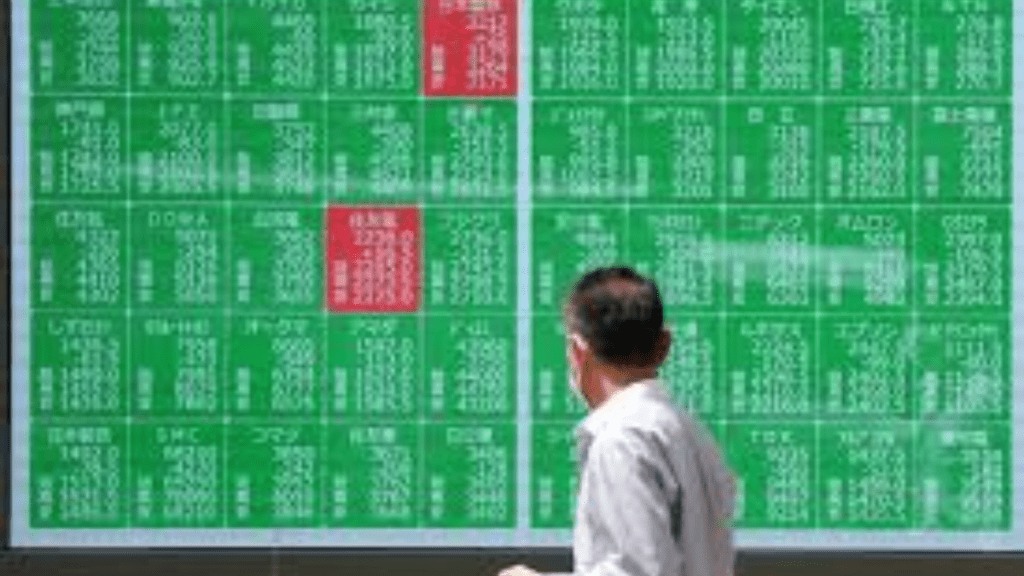Stock markets across Asia experienced significant declines on Monday morning, following substantial drops by major global indexes last week. The Nikkei Stock Average plummeted around 8% on Monday afternoon after a 5.8% fall on Friday, marking its steepest percentage-point drop since the Covid-19 pandemic onset in March 2020.
Nikkei Falls Amid Weak US Jobs Data
The sharp decline in the Nikkei was triggered by weak US jobs data released on Friday, which sparked fears of a potential recession in the world’s largest economy. The US reported that employers added only 114,000 jobs in July, far fewer than expected, raising concerns that the prolonged jobs boom might be ending. This data fueled speculation about the Federal Reserve’s next move regarding interest rates.
Strengthening Yen Adds Pressure
Compounding the issue, the yen has been strengthening against the US dollar since the Bank of Japan raised interest rates last week. This appreciation, about 9% over the last month, makes Japanese stocks more expensive for foreign investors. Kei Okamura, a portfolio manager at Neuberger Berman in Tokyo, stated, “The selloff was instigated by the sharp appreciation of the yen as global investors turned cautious on Japanese corporate earnings, especially that of exporters such as automakers.”
A stronger yen makes Japanese goods more expensive and less attractive to overseas buyers, further pressuring the market.
Broader Asian Market Impacts
The impact of the selloff extended beyond Japan. Taiwan’s main share index tumbled by 7.7%, with semiconductor giant TSMC falling over 8.4%. South Korea’s Kospi index dropped 6%, with major chipmakers, including Samsung, trading sharply lower. However, the Hang Seng index in Hong Kong dipped just 0.2%, while the Shanghai Stock Exchange saw a slight increase.
Cryptocurrencies Hit by Market Turbulence
Cryptocurrencies also felt the market’s tremors. Bitcoin dropped to just over $53,000, its lowest level since February, reflecting the broad uncertainty and risk aversion among investors.
US Markets’ Precipitous Drop
On Friday, US stock markets fell sharply after the release of the disappointing jobs report. The Nasdaq’s decline brought it down about 10% from its recent peak, a fall known as a “correction.” This correction occurred in a matter of weeks, suggesting a rapid shift in market sentiment. The Dow Jones Industrial Average dropped 1.5%, and the S&P 500 ended 1.8% lower. These declines came after similar drops in Asian and European markets.
The stock market was already jittery over high borrowing costs and signs that the long-running rally in share prices, partly driven by optimism over artificial intelligence (AI), might be losing steam.
Conclusion
The convergence of weak US jobs data, a strengthening yen, and overall market volatility has led to significant declines in global stock markets. Investors are closely watching central banks’ next moves and assessing the potential impact on corporate earnings and economic stability. The ongoing uncertainty underscores the importance of staying informed and vigilant in the face of rapidly changing market conditions.
Epic Triumphs: Lin Yu-Ting and Imane Khelif Secure Olympic Medals Amid Gender Controversy
MORE MUST-READS FROM liveupdatechannel
To get all the Updated news, Stay in touch with the liveupdatechannel here
